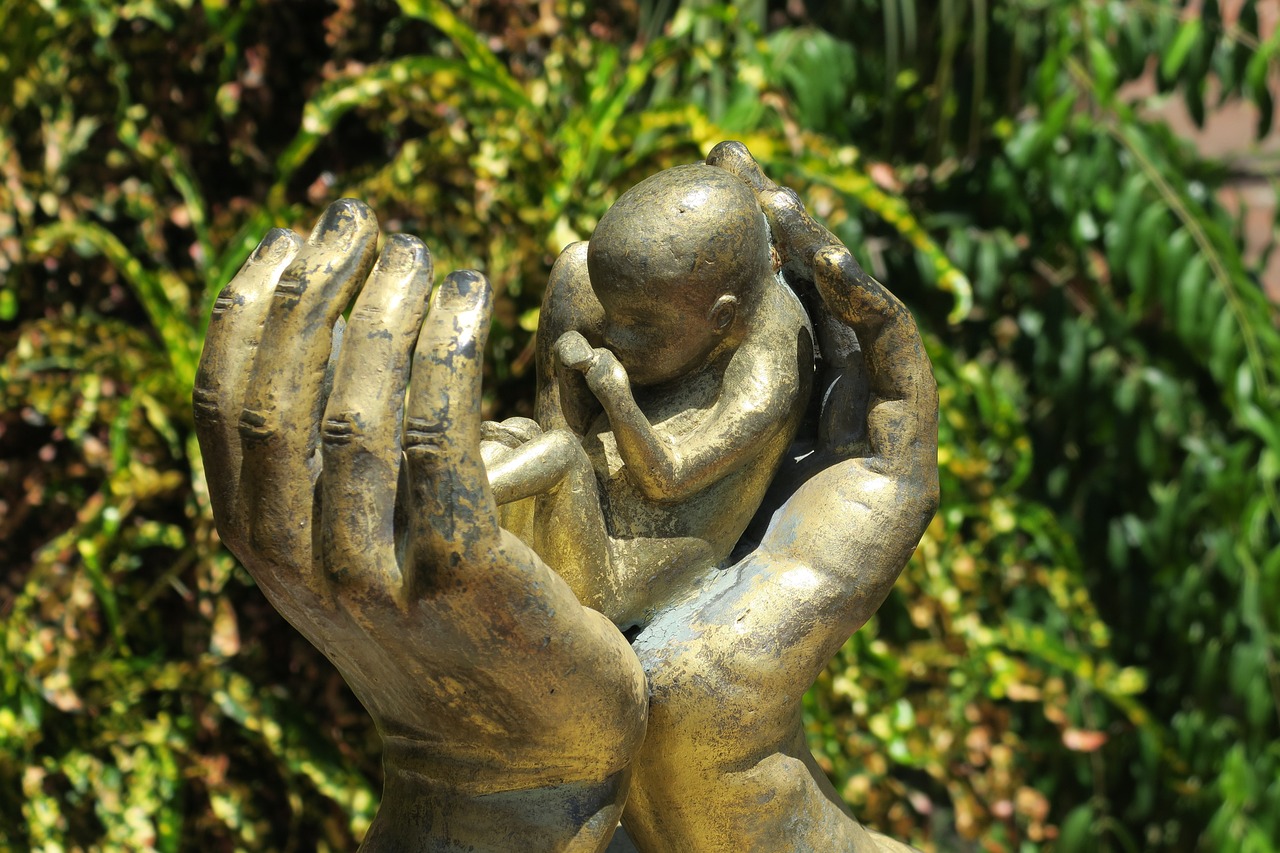Belief
What is the Catholic stance on abortion?
Abortion stands at the intersection of complex moral, ethical, and legal debates, provoking passionate discussions globally. Within the Catholic Church, the stance on abortion is not only a reflection of deeply rooted theological and moral teachings but also a position that influences the Church’s engagement with broader societal issues. In this in-depth exploration, we will delve into the Catholic perspective on abortion, tracing its historical context, examining the theological foundation, elucidating the moral principles that underpin it, and exploring the Church’s stance on abortion in various situations.
- Historical Context
Understanding the Catholic Church’s stance on abortion requires a historical lens. Early Christian writings, such as the Didache (dated around the 1st century CE), explicitly condemned abortion, viewing it as the wrongful taking of an innocent human life. The Church Fathers, including Augustine and Jerome, reinforced this condemnation by equating abortion with homicide. As Christianity spread, so did these moral teachings, solidifying the Church’s position on abortion over the centuries.
- Theological Foundation
At the heart of the Catholic perspective on abortion lies a theological foundation that emphasizes the sanctity of human life. Several theological principles inform this perspective:
- Imago Dei: Catholics believe that all humans are created in the image and likeness of God, endowing them with intrinsic dignity and worth from the moment of conception.
- Ensoulment: Throughout history, the question of when the soul enters the body has been a subject of theological debate. While early theologians held varying opinions, the prevailing view became that the soul is infused at conception, aligning with the belief that abortion is the taking of a human life.
- Inviolability of Life: The Catholic Church asserts that every human life is inviolable and must be protected from conception to natural death, emphasizing the sacredness of life at every stage.
- Moral Principles
The Catholic moral framework on abortion rests on several principles:
- The Principle of the Sanctity of Life: At its core, this principle asserts that human life is inherently sacred and must be preserved and protected.
- The Principle of Double Effect: Catholic moral theology allows for medical interventions that may indirectly result in the termination of a pregnancy if the primary intent is to save the life of the mother, not to intentionally end the unborn child’s life.
- The Principle of Proportionality: Actions must be proportionate to the intended good. In situations where saving the life of the mother necessitates a medical procedure that unintentionally results in the termination of a pregnancy, this may be considered morally permissible.
- The Church’s Stance on Abortion
The Catholic Church’s stance on abortion is unambiguous and resolute: it is deemed a grave moral evil. The Catechism of the Catholic Church unequivocally states that “Human life must be respected and protected absolutely from the moment of conception.” Abortion is viewed as a direct violation of the Fifth Commandment, “Thou shalt not kill,” and is considered a grave moral offense.
- Exceptions and Nuances
While the Church’s teaching on abortion is firm, there are nuances and exceptions that merit consideration:
- Threat to the Mother’s Life: The Church recognizes situations where the life of the mother is at grave risk, and medical procedures may indirectly lead to the termination of a pregnancy. In such cases, the principle of double effect comes into play, allowing for actions that save the mother’s life while unintentionally affecting the pregnancy.
- Excommunication: Procuring or performing an abortion can result in automatic excommunication from the Catholic Church. This severe penalty underscores the gravity of the Church’s position on the sanctity of human life.
- Pastoral Care: In addition to the moral teachings, the Church emphasizes the importance of providing pastoral care and support to individuals who have been involved in abortions. The goal is to promote healing, reconciliation, and a return to a life aligned with Catholic values.
Conclusion
The Catholic perspective on abortion is deeply anchored in its theological, moral, and ethical teachings. The belief in the sanctity of human life from the moment of conception shapes the Church’s unwavering opposition to abortion. While exceptions exist and nuanced situations arise, the core teaching remains steadfast: abortion is considered a grave moral evil. Understanding the Catholic stance on abortion necessitates an appreciation of its historical context, theological foundation, moral principles, and the recognition that this position continues to inform moral discourse, shape public policy debates, and influence the broader conversation about the value of human life worldwide.
About Author
























